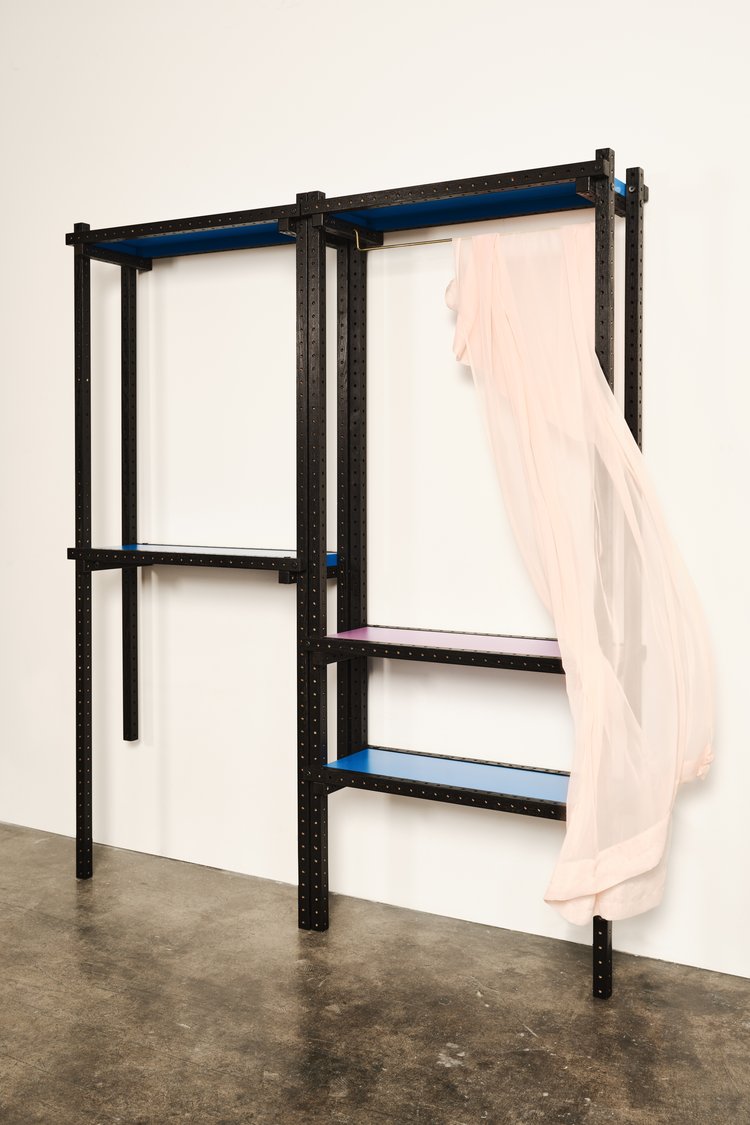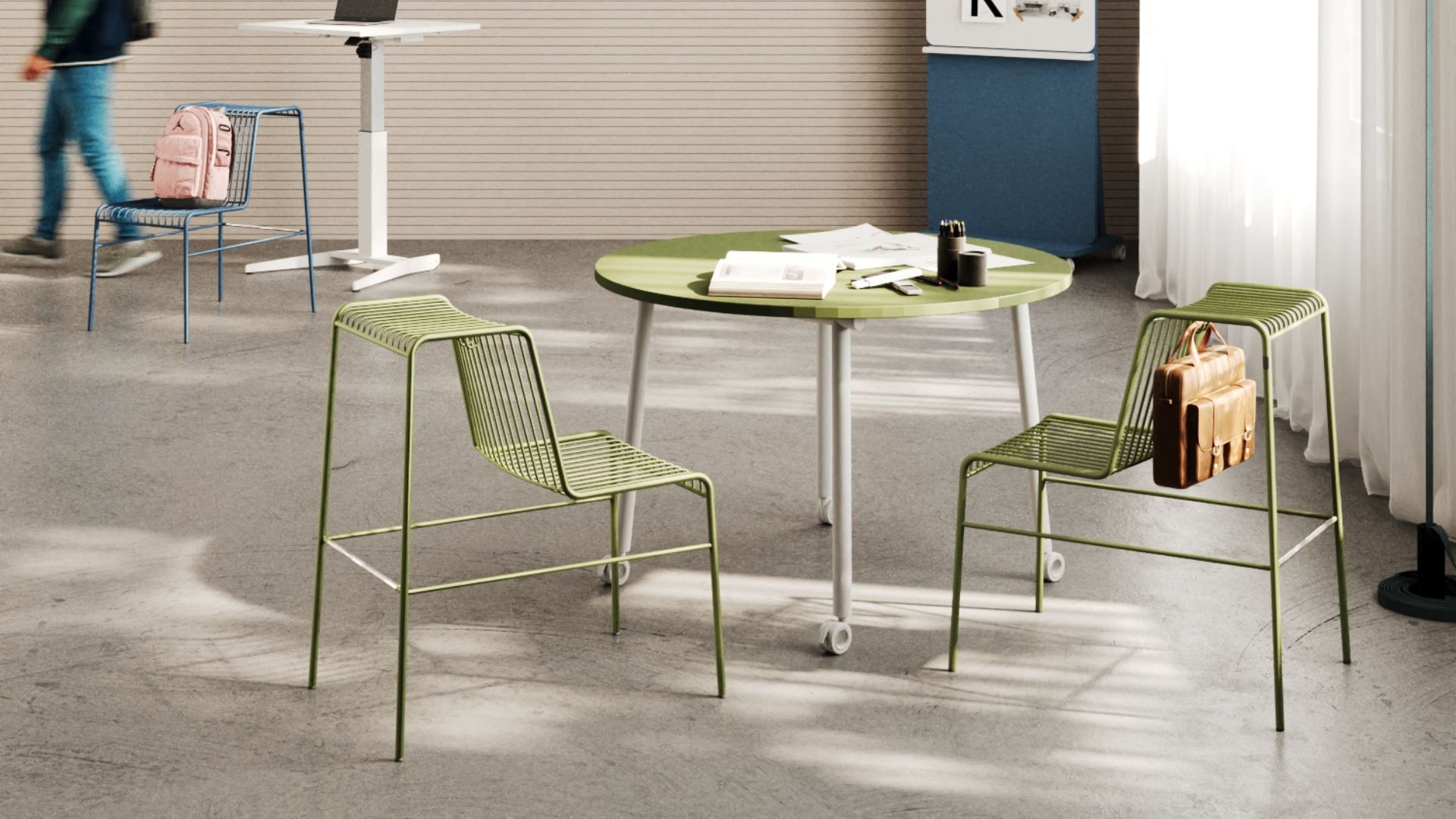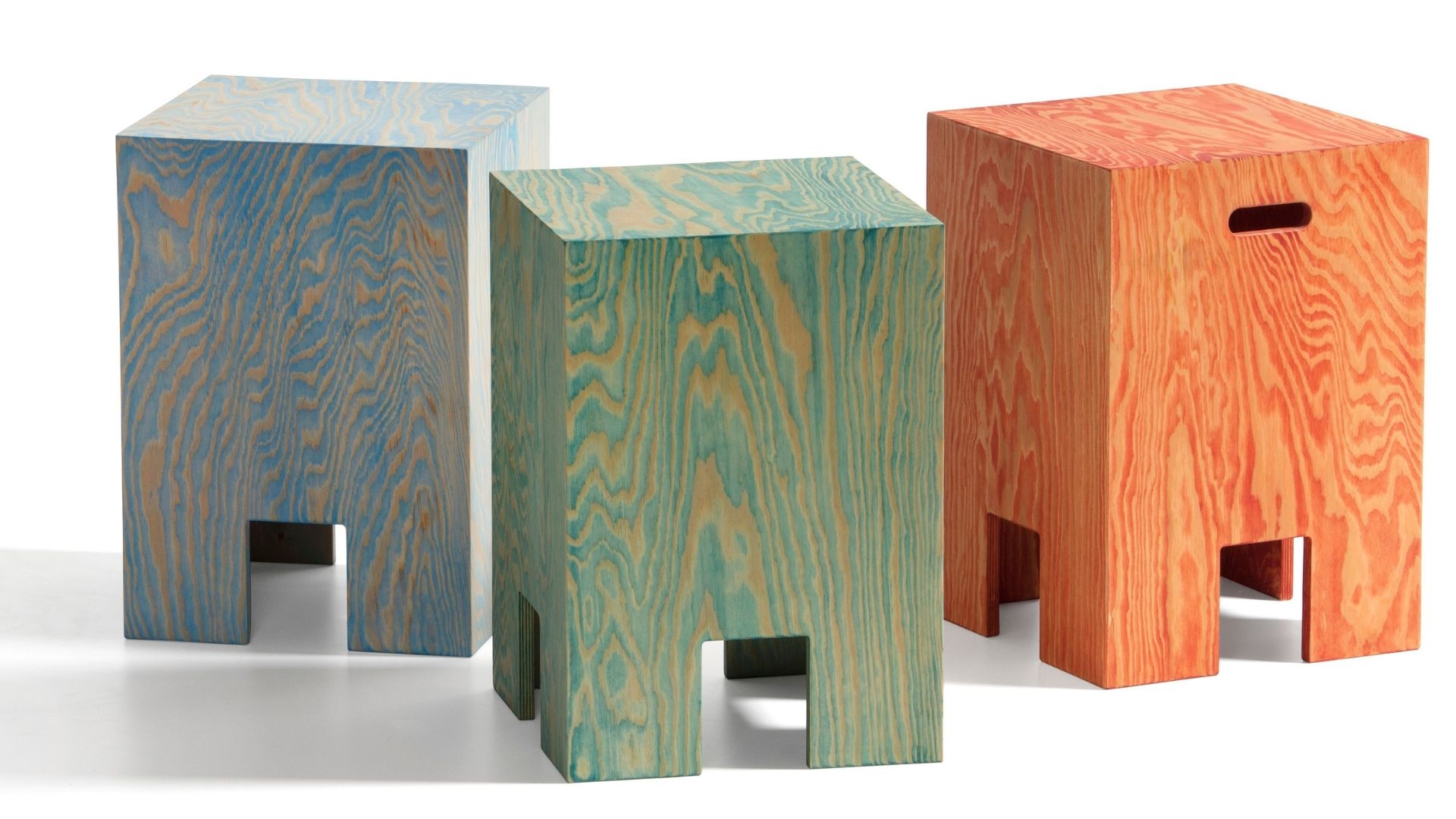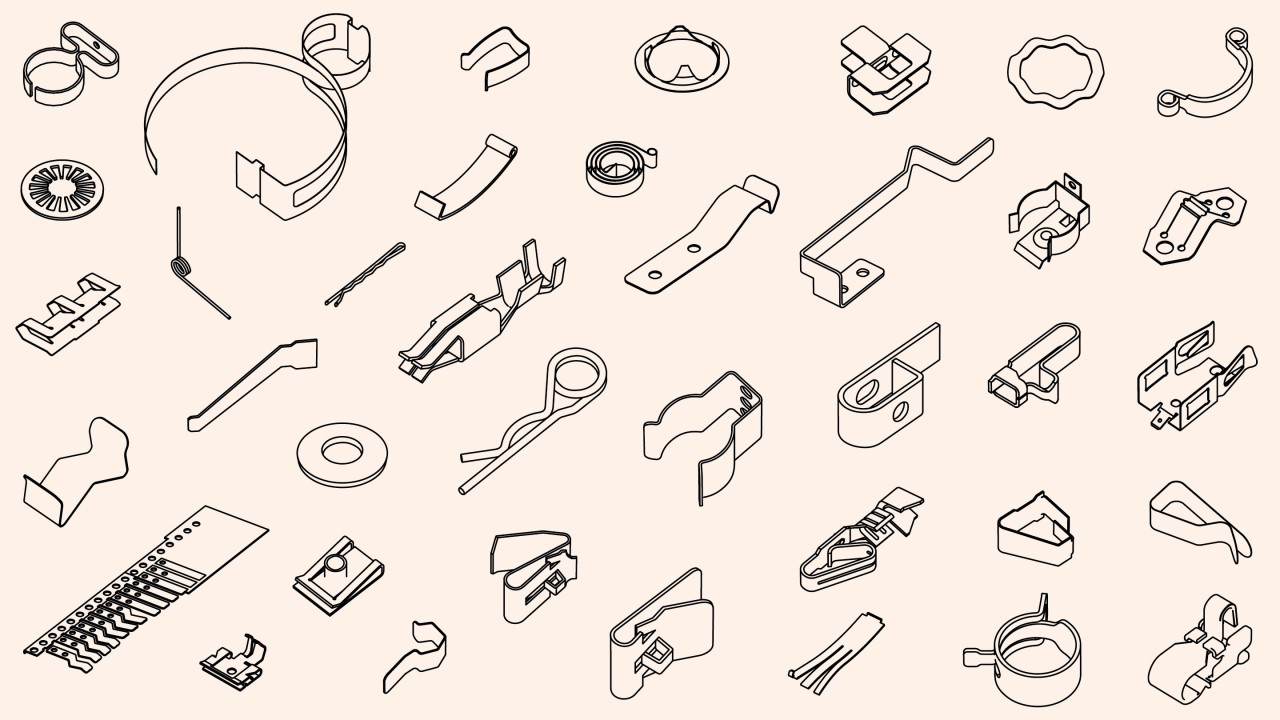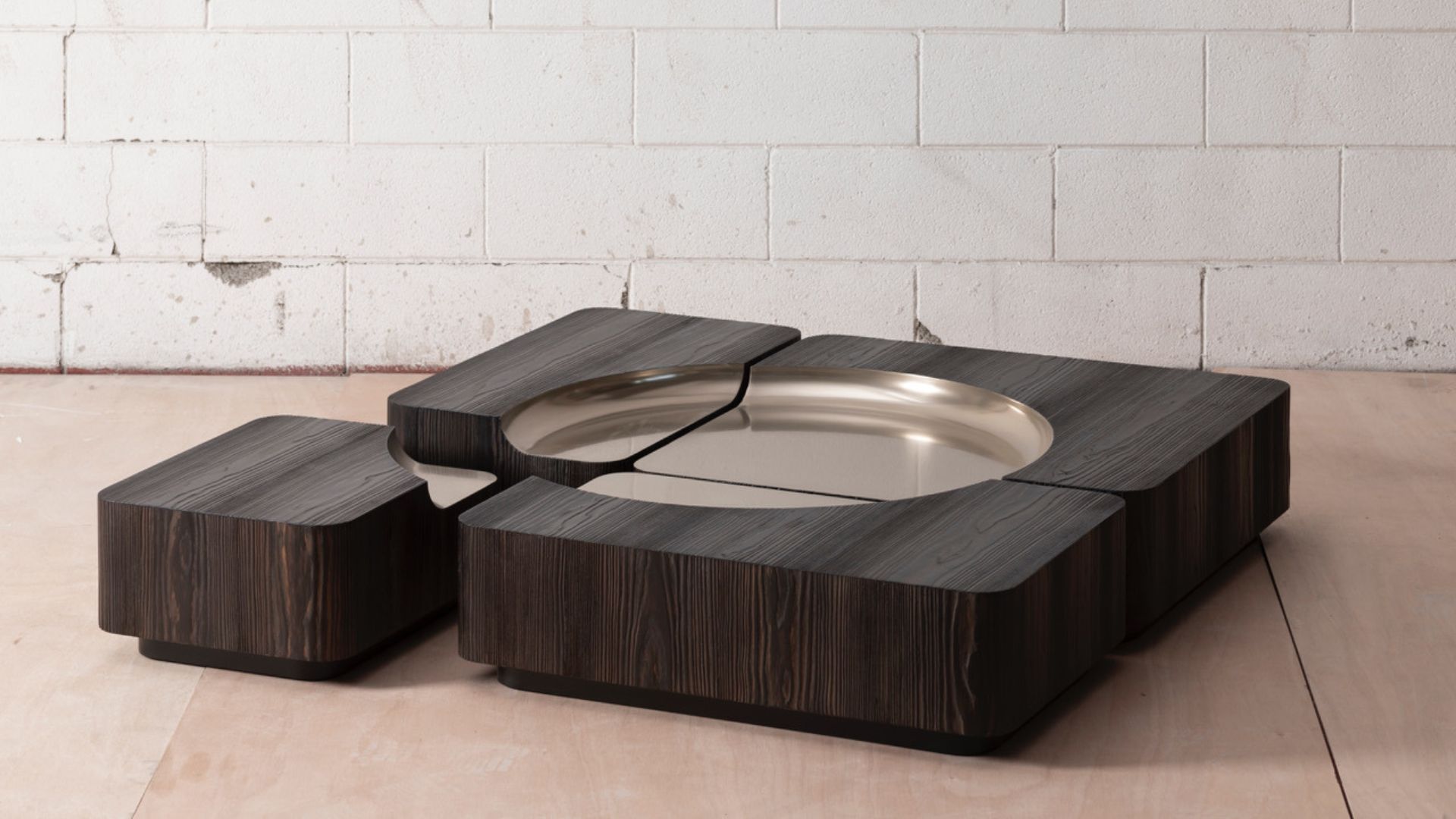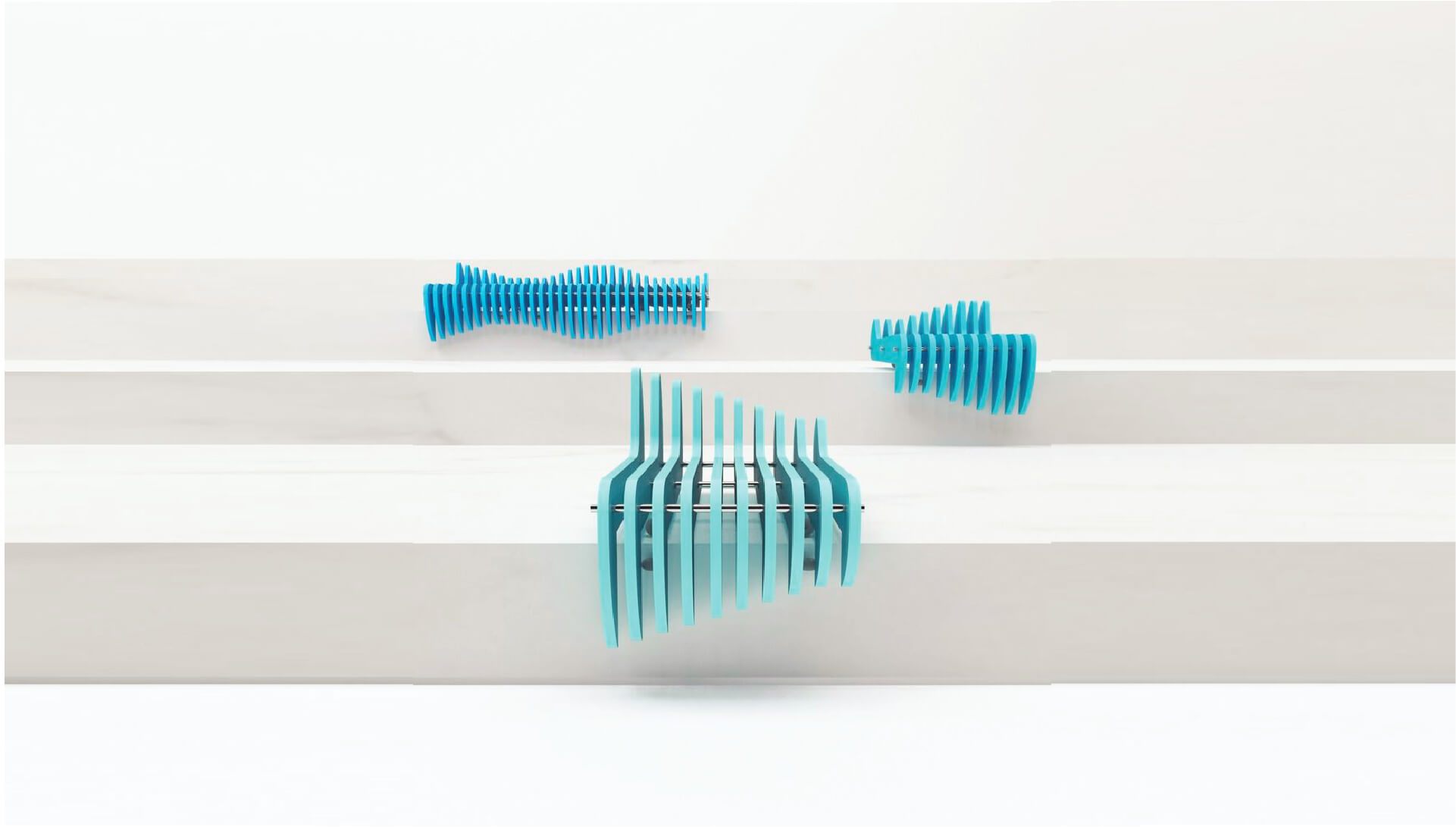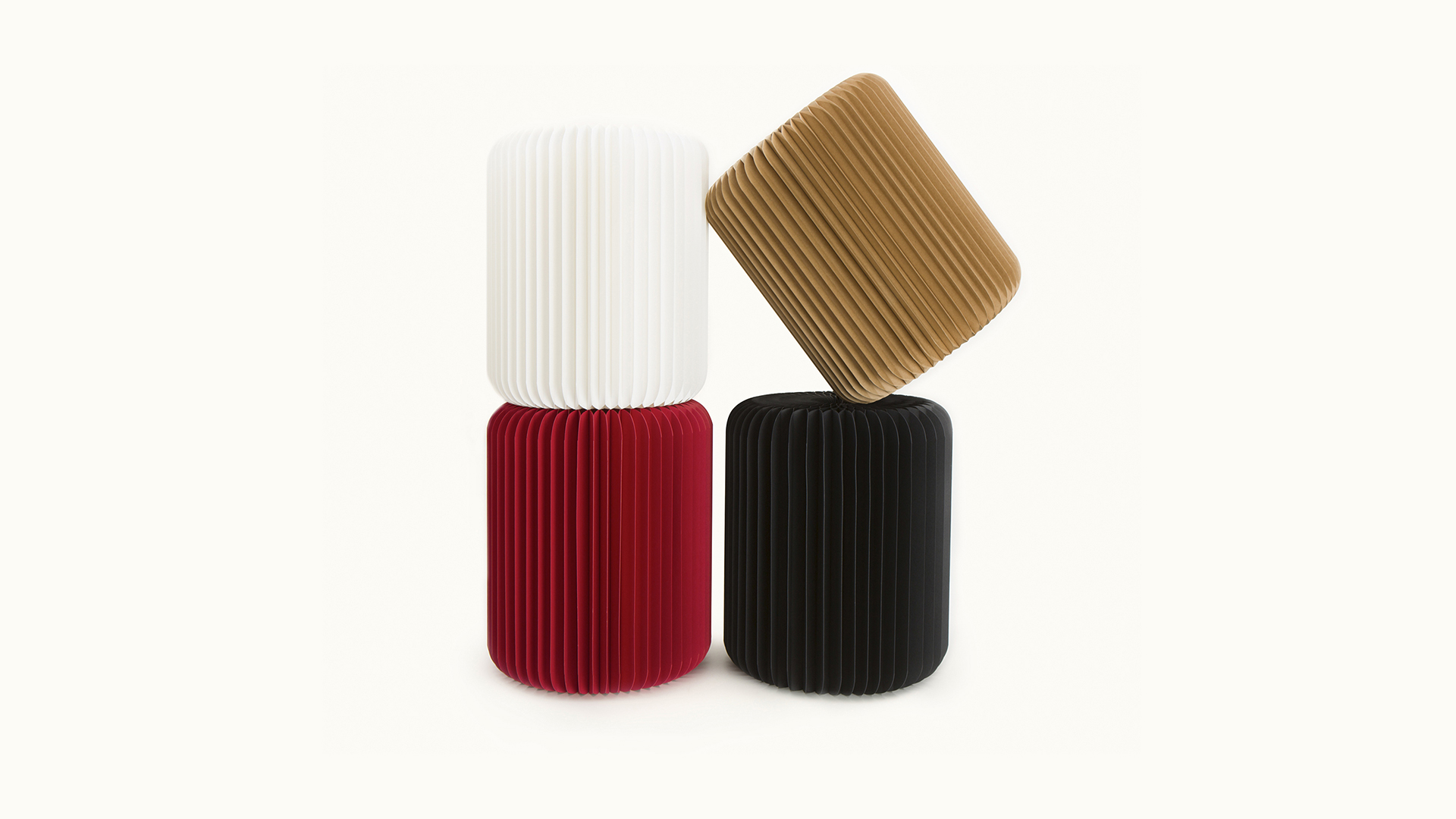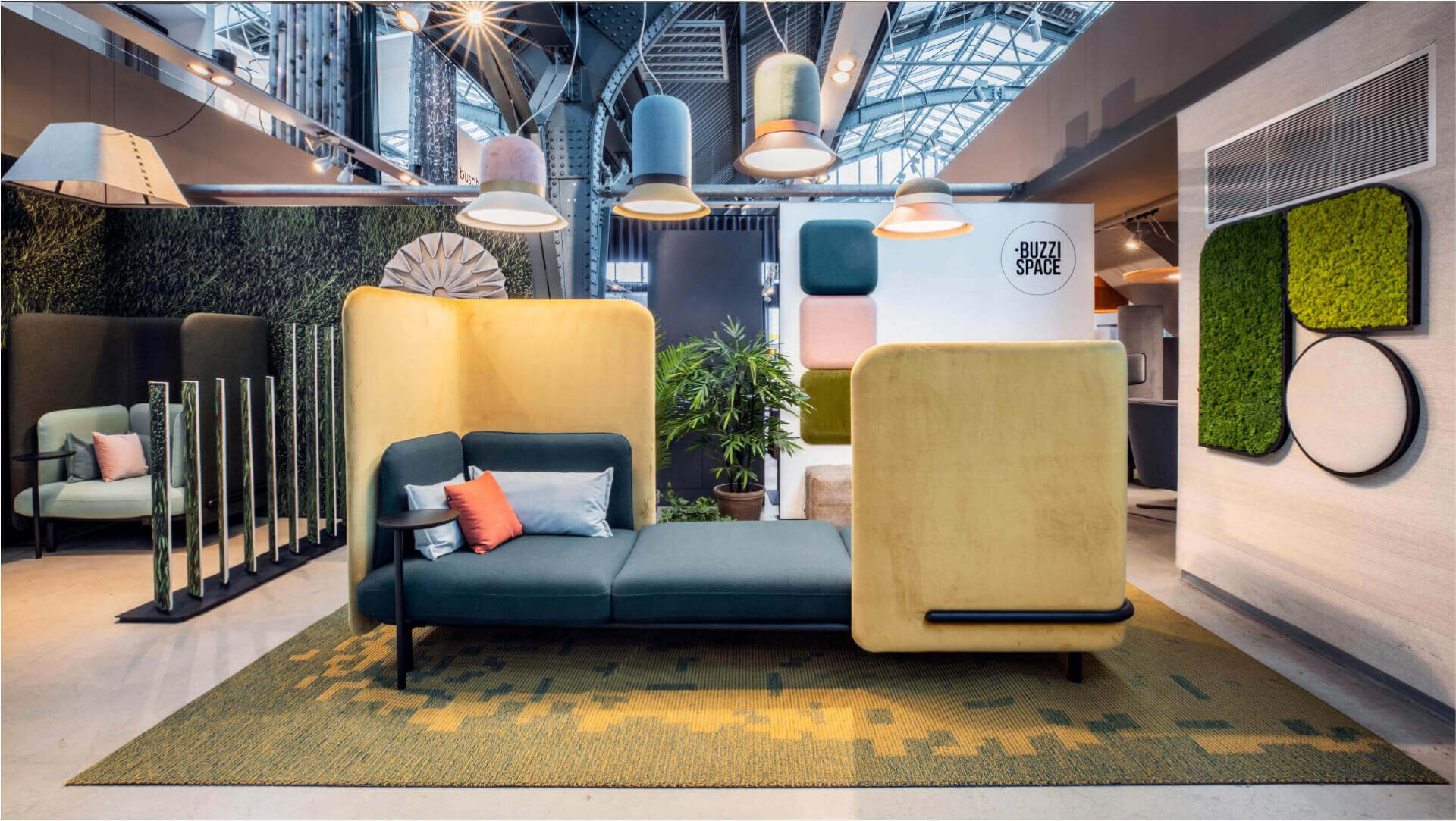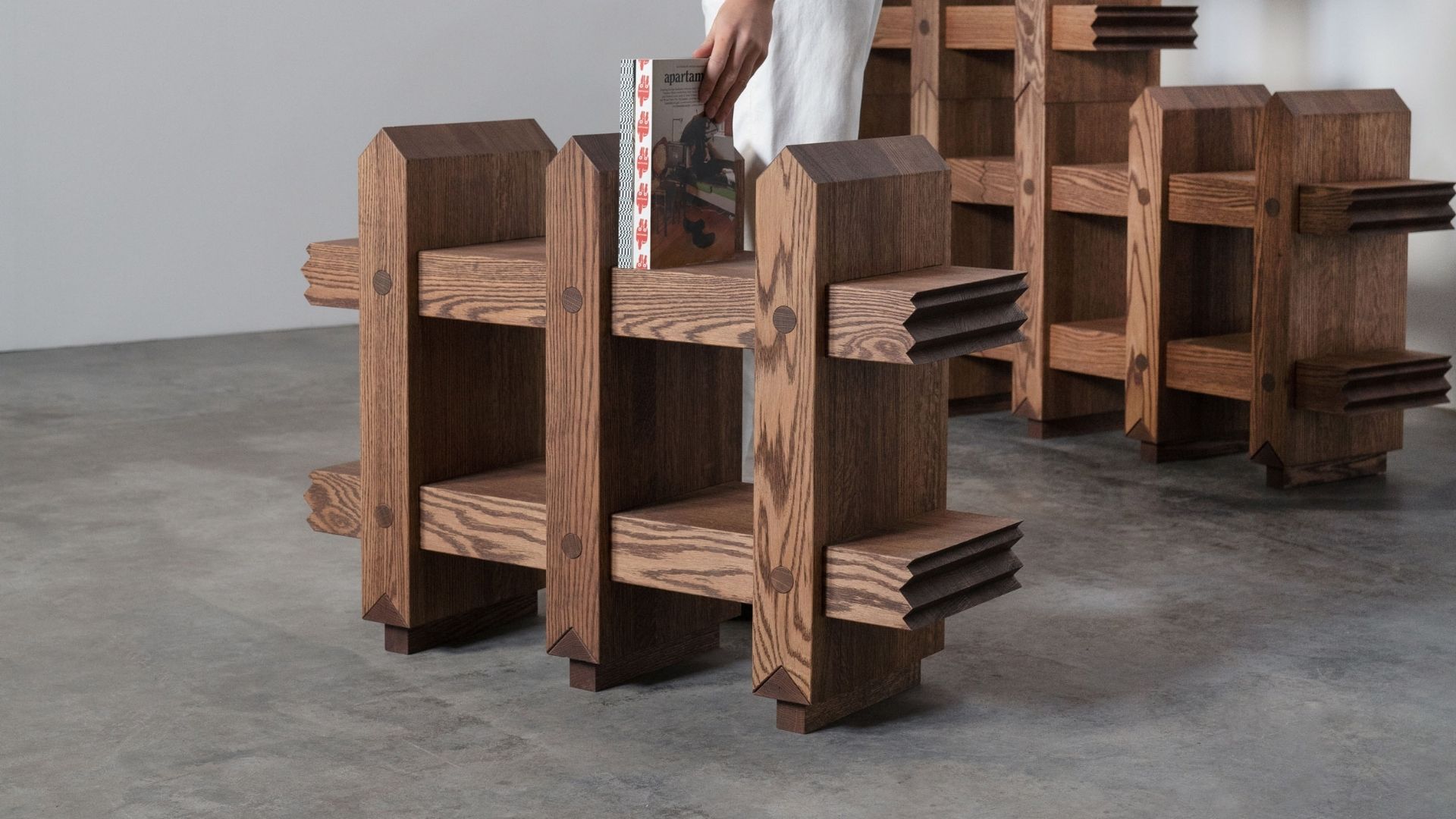Loose Parts’ modular kit is the forward-thinking furniture we need
The OAK collection presents a “Swiss-Army knife approach”, which can be customised according to individual needs.

LA-based furniture studio Loose Parts has launched their debut modular furniture collection, the Original Assembly Kit (OAK), which is essentially a grown-up, furniture-based version of Meccano.
“At Loose Parts we strive to do away with traditional, one-size-fits-all furniture by designing around an intuitive and flexible system,” notes Loose Parts founder Jennifer June. Her debut collection, a modular kit designed with store owners in mind, lets users build multiple pieces from the same parts. The kit includes eight powder-coated steel shelves, which can also be flipped to serve as trays; 32 solid-wood rails with holes drilled every few inches for fasteners; two metal hanging rods; and steel fasteners.
Gallery
Open full width
Open full width
With the only other necessary element being an Allen Wrench, the idea is based on a “Swiss-army-knife approach” to furniture that encourages user imagination. The kit’s creator Jennifer June based the idea on architect Simon Nicholson’s Theory of Loose Parts, a concept that prioritizes play over static experiences.
The collection is available in black oak or maple while the shelves come in three colors (blue, rust and violet) offering an extra layer of personalisation. Manufactured in Los Angeles, each kit comes with enough parts to make one large piece of furniture, like a garment rack or long bookshelf. Alternatively, users can make two smaller pieces, like a set of side tables, for example.
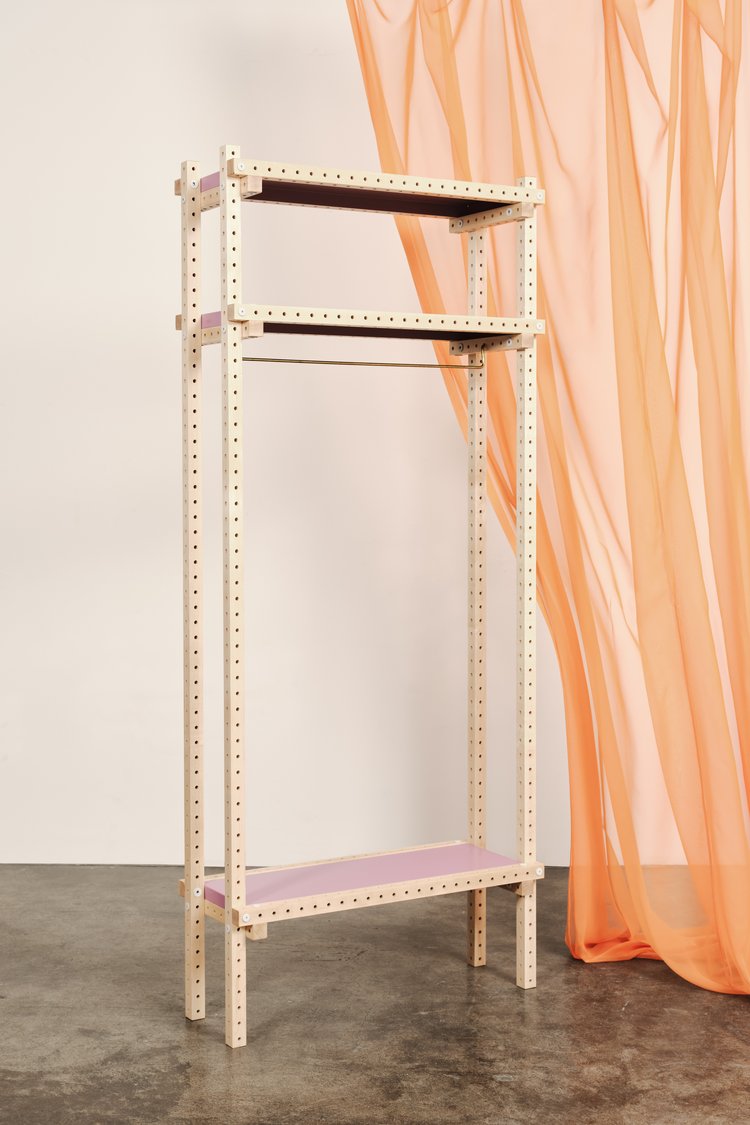
Another notable aspect of the collection is its commitment to sustainability—where possible it sources FSC-certified wood while other materials remain single-origin as much as possible. Natural latex, horsehair and cotton batting are also used in lieu of foam and to eliminate the use of petroleum and other adhesives.
80% of furniture ends up in a landfill after its second use
Beyond flexibility, the obvious highlight here is waste limitation. As consumers are becoming more aware of the impact their purchases can have on the environment, designers and manufacturers are being forced to come up with ways to ease their concerns. Just earlier this month, IKEA recently launched its Buy Back Service in a bid to give its flatpack furniture a second life.
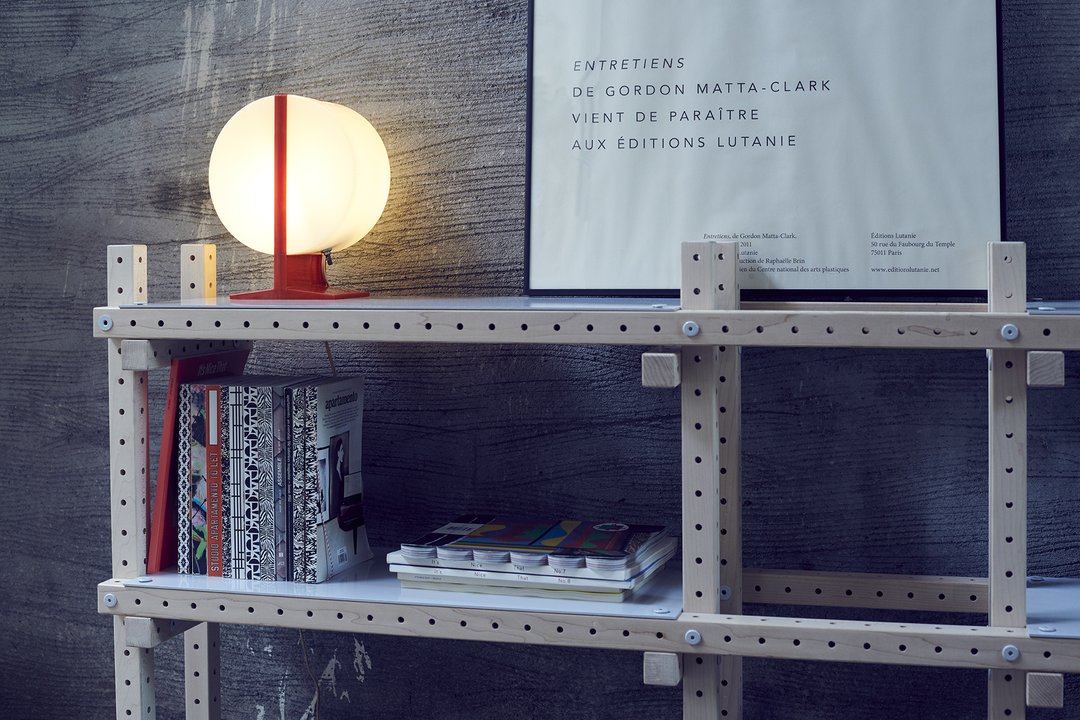
“80% of furniture ends up in a landfill after its second use. Just like fast fashion, the furniture industry has fallen prey to this cycle of seasonal trends,” adds June.“By rethinking furniture as a system rather than a stand alone object means you can stay inspired while limiting waste. In other words, you can update a part rather than throw out the whole thing.”







